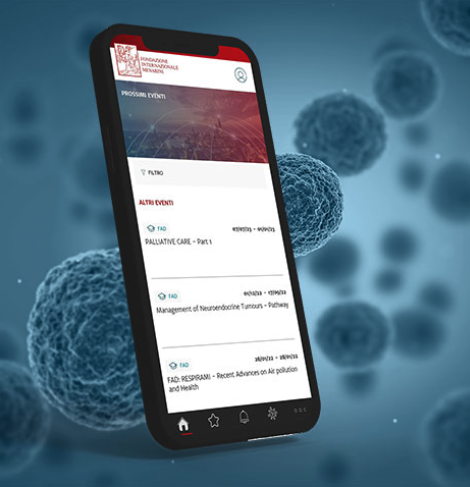
Andrea Baragetti
Andrea Baragetti
The research activity is aimed at the study of molecular aspects in cardio-immuno-metabolic diseases, with the aim of proposing potential pharmacological targets. Three themes, developed in detail, make up this general idea: • Understanding the role of the innate immune response in the development of metabolic alterations induced by dyslipidemia. Objectives: To study the activity of the innate immune component in response to metabolic alterations induced by dietary fats. To understand the molecular mechanisms by which the innate immune response reprograms its immune competencies to address, in the long term, the chronic effects of metabolic alterations. • Study of the gut-liver-marrow axis in dyslipidemias Objective: To identify the molecular mechanisms that explain the inflammatory consequences of the metabolic response to lipid (\"post-prandial\") nutritional stimuli. To translate these aspects to humans, identifying new potential markers/targets for hypertriglyceridemia and mixed atherogenic dyslipidemia. • Identification of new markers for the personalization of cardiovascular risk stratification Objective: To identify clusters of molecular, genomic, epigenomic, metagenomic and vascular markers of clinical interest to optimize the risk stratification of atherosclerotic and metabolic diseases. This activity is possible thanks to the development of expertise in developing artificial intelligence basedprediction models and the collaboration with clinical centers, epidemiological studies that allow the achievement of biobanks, genetic/clinical/translational data, imaging and in vivo experimental protocols.





